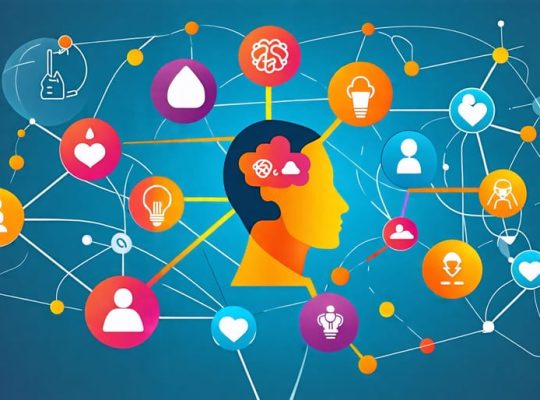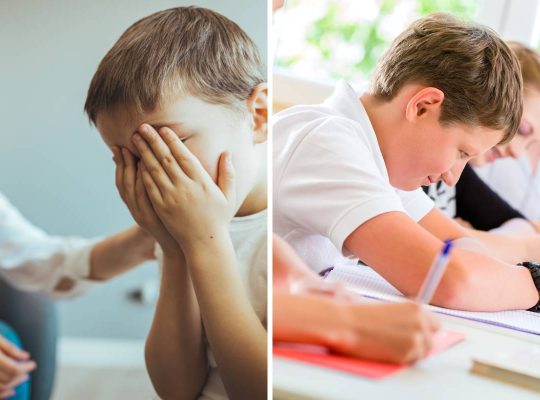Prevalence of Parental Substance Abuse

Alcohol Abuse Statistics
According to the National Survey on Drug Use and Health, over 14 million American adults have alcohol use disorder. Sadly, many of these are parents. One study found that around 7.5 million children under 18 live with a parent who has struggled with alcohol abuse in the past year – that’s about 10% of all children in the U.S. Rates are even higher among parents involved with the child welfare system, with estimates suggesting 40-80% have substance abuse issues, often involving alcohol. The emotional and psychological toll this takes on children can be profound. If you or a loved one are struggling with alcohol addiction, know that you’re not alone. Reaching out for support is a courageous first step in getting the help you need to heal your family. There are many resources available and ways to talk to your children to begin the journey of recovery together.
Drug Abuse Statistics
According to the National Survey on Drug Use and Health, approximately 8.7 million children in the U.S. live in households where at least one parent has a substance use disorder. This includes abuse of alcohol, illicit drugs, and prescription medications. The most commonly abused substances by parents are alcohol (7.5 million children affected), illicit drugs (2.1 million), and misuse of prescription drugs (1.4 million). Opioids, such as prescription painkillers and heroin, have been a growing concern, with an estimated 548,000 parents having an opioid use disorder. Methamphetamine abuse has also risen among parents, particularly in the western U.S. Parental substance abuse spans all socioeconomic levels and can have devastating effects on children’s mental health and well-being. If you or someone you know is struggling with substance abuse, reaching out for help is a vital first step in protecting both your health and your children’s future.

The Impact on Children’s Mental Health
Increased Risk of Anxiety and Depression
Children of parents struggling with substance abuse face a significantly higher risk of developing anxiety, depression, and other mood disorders compared to their peers. Studies have shown that these children are up to three times more likely to experience anxiety and depression, often carrying the emotional burden of their parent’s addiction. The chronic stress, unpredictability, and potential trauma associated with parental addiction can take a heavy toll on a child’s mental well-being, leading to feelings of fear, guilt, shame, and low self-esteem. Moreover, the lack of a stable, nurturing home environment can hinder a child’s ability to develop healthy coping mechanisms and emotional regulation skills, further exacerbating their vulnerability to mental health issues. Recognizing these increased risks is crucial for caregivers, educators, and healthcare providers, as early intervention and support can make a significant difference in helping these children build resilience and prevent the development of long-term mental health problems.
Trauma and Adverse Childhood Experiences
Growing up with a parent struggling with substance abuse can lead to traumatic experiences and chronic stress for children. Exposure to a chaotic home environment, neglect, abuse, or witnessing a parent’s addiction-related behaviors can have profound impacts on a child’s emotional well-being and sense of safety. This toxic stress can rewire the developing brain, leading to long-term mental health challenges such as anxiety, depression, and a higher risk of developing substance use disorders later in life. To nurture resilience, explore 5 pillars of resilience.
Children may blame themselves for their parent’s addiction or feel responsible for “fixing” the problem, further compounding their emotional distress. They may also experience social isolation, difficulty forming healthy relationships, and challenges in school due to the instability at home. It’s crucial for family members, educators, and healthcare providers to recognize the signs of a child struggling with parental substance abuse and provide compassionate support and resources to help them cope and heal from these adverse experiences.
Generational Cycles of Addiction
Children of parents struggling with substance abuse face an elevated risk of developing addictions themselves later in life. Studies show that genetics play a significant role, with children of addicts being up to 8 times more likely to develop substance abuse disorders compared to those without a family history of addiction. Environmental factors also contribute, as children may normalize drug use, lack positive role models, or turn to substances to cope with trauma or stress related to their upbringing.
This cycle of addiction can span generations, but it’s important to remember that a predisposition doesn’t guarantee an outcome. With awareness, support, and proactive steps, the cycle can be broken. Open communication about family history, education on addiction, and fostering healthy coping skills can empower children to make positive choices. Counseling and support groups specifically for children of addicts can provide a safe space to process emotions and build resilience. By raising resilient kids through co-parenting, you can offer additional support.
If you’re concerned about your child’s risk, don’t hesitate to reach out for help. Talk to their pediatrician, a therapist specializing in addiction, or local organizations dedicated to supporting families impacted by substance abuse. With the right resources and a strong support system, you can give your child the tools they need to break free from the generational cycle of addiction and lead a healthy, fulfilling life.

The Importance of Support and Intervention
Parental substance abuse can have devastating effects on families, but it’s crucial to remember that help is available. Prevention, treatment, and support services play a vital role in breaking the cycle of addiction and promoting healing for both parents and children. Early intervention is key, as it can prevent the escalation of substance abuse and its negative impacts on the family. Treatment programs that address the unique needs of parents struggling with addiction are essential, as they provide the tools and resources necessary for long-term recovery. Additionally, support services for children affected by parental substance abuse are critical in helping them cope with the emotional and psychological challenges they may face. These services can include counseling, support groups, and educational programs that promote resilience and healthy coping mechanisms. If you or someone you know is struggling with parental substance abuse, it’s important to reach out for help. Resources such as the Substance Abuse and Mental Health Services Administration (SAMHSA) National Helpline (1-800-662-HELP) and the National Parent Helpline (1-855-427-2736) can provide guidance and connect you with local support services. Remember, seeking help is a sign of strength, not weakness. With the right support and intervention, families can overcome the challenges of addiction and build a brighter future together.
Conclusion
Parental substance abuse is a serious issue affecting millions of families. The statistics paint a sobering picture, with an estimated 1 in 8 children living in households with at least one parent who has a substance use disorder. This early exposure can have lasting impacts on a child’s mental health and wellbeing. However, there is hope. By raising awareness, offering compassion and support, and connecting families with the resources they need, we can break the cycle of addiction. If you or someone you know is struggling, remember that you are not alone. Reaching out for help is a sign of strength, not weakness. Together, we can create a brighter future for the next generation.







